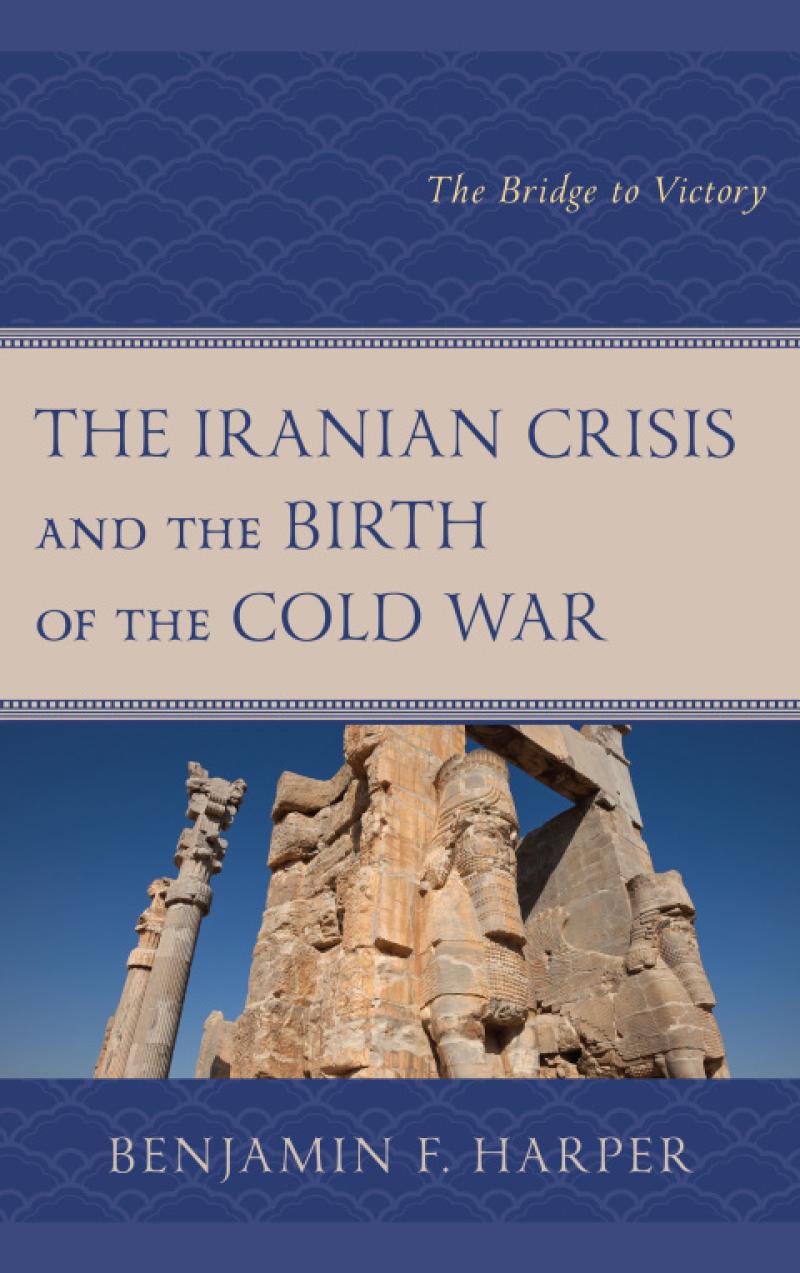This work examines the Iranian Crisis of 1946 and its active role in
shaping the Cold War that followed. It is intended to serve as a case
study of how the United States was able to successfully flex its
short-lived atomic monopoly and achieve its international objectives
in the early postwar era. This writing engages with the robust
academic field of U.S. foreign relations that over the past number of
years revisited and reimagined the origins and driving forces of the
Cold War. The Soviet Union’s violation of a troop withdrawal
agreement at the conclusion of the Second World War, coupled with its
active support of Kurdish and Azeri separatist movements, aggressively
tested the new and evolving international order. The primary objective
of this work is to understand how the international community achieved
a relatively peaceful withdrawal of Soviet forces from Iranian
territory. I contend that: 1) Iran possessed, due to its wartime role
and latent economic potential, a degree of leverage in negotiations
with the United States and Russia that other nations did not; 2) that
the Iranian prime minister, Ahmad Qavām, shrewdly manipulated both
superpowers with his own brand of masterful statecraft while pursuing
his own “Iran-centric” objectives; 3) that the United States used
its preponderance of military, economic, and diplomatic might to
effectively achieve its postwar aims; and 4) the primary actors in the
crisis solidified the legitimacy of the United Nations and its
Security Council, which had previously been in jeopardy. While lesser
known than the Berlin Airlift or the Korean War or the Cuban Missile
Crisis, the Iranian Crisis revealed for the first time what a
superpower clash might look like. This event provides a stunning
example of crisis management by the primary participants. The Iranian
Crisis was indeed the birth of the Cold War, and it established a
model for state actions during and after this long conflict. The
Crisis also provides a powerful example of how third-party entities
outside of Europe, despite possessing relatively meager military and
economic might, had the ability to alter and occasionally manipulate
superpower behavior.
Les mer
The Bridge to Victory
Produktdetaljer
ISBN
9781498576970
Publisert
2018
Utgiver
Vendor
Lexington Books
Språk
Product language
Engelsk
Format
Product format
Digital bok
Forfatter
